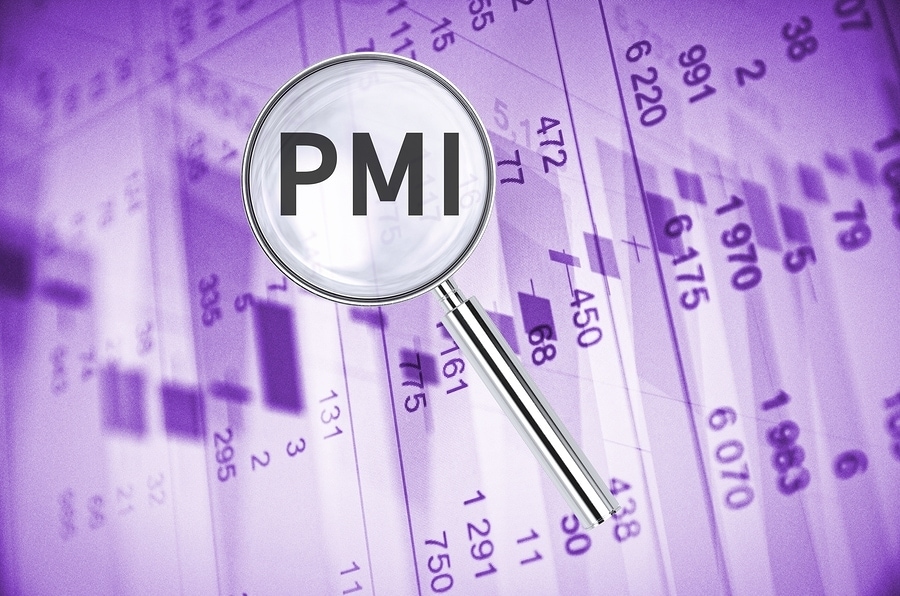Get Expert Financing
- Matched with investor-friendly lenders
- Fast pre-approvals-no W2s required
- Financing options fro rentals, BRRRR, STRs
- Scale your portfolio with confidence
Though it can seem a bit obsessive to check your credit regularly, it’s absolutely necessary today. It’s not just lenders who rely on your credit report, but also employers, landlords, and even insurance companies.
The average person’s credit is checked several times each year by different institutions. You should make sure that you also check your credit regularly, so you’ll know exactly what those institutions are seeing – and so you won’t be surprised by what your report contains.
Here are five reasons to check your credit regularly.
It’s possible to set up activity and fraud alerts with each individual creditor you do business with. But not everyone does that, and even fewer do it with every account they have. Checking your credit regularly will give you an opportunity to know everything that’s going on with your credit report.
There’s one other factor as well. There could be activity on little-used accounts, for which you don’t receive alerts. There’s even the possibility that nonregular accounts, such as medical bills or utility collections could show up on your report. There’ll be no alert letting you know that’s happening. The only way to know for sure will be to check your credit regularly.
But the biggest complication of all is outright fraudulent activity, such as when someone opens a new account in your name. There’ll be no fraud alert arrangement, at least none that involves you. The only way to be able to detect the new account activity is by pulling your credit on a regular basis, to check and see if there are any accounts or activity you didn’t authorize.
A report from CNBC found that nearly 80% of credit reports contain errors. That fact alone should provide all the motivation you need to check your credit report regularly.
This is another situation where you won’t receive alerts letting you know what’s going on. And the possibilities as to what can be reported in error are almost unlimited.
For example, a creditor might report a late payment that you actually made on time. In such situations, it’s always best to deal with that kind of error as soon as possible. If you have evidence refuting the late payment, it’s best done immediately. If it sits on your credit report too long, your documentation may disappear.
Still another situation is when you have a common name. That opens the possibility of having someone else’s bad credit appearing on your credit report. It’s even possible to have loans that aren’t even yours showing up on your report. The sooner you deal with these errors, the easier it will be to handle them.
If you’re planning to apply for a new loan, particularly a mortgage or a car loan, it’s a good idea to monitor your credit well in advance of making application. Many people don’t bother to monitor their credit in advance, and only find out about problems when a lender pulls their credit report. That creates complications.
If you’re in a competitive bidding situation for a house, or you need a car loan right away, the process can be impaired by either credit errors, delinquent information, or items that are not actually yours. It can often take weeks or even months to have those situations corrected. But if you need a loan right away, surprise credit problems can delay the process.
This can be particularly difficult if you’re looking to purchase a home in a very competitive market area. If homes normally receive multiple bids, you could lose your opportunity because of previously undetected credit issues.
Anytime you plan on making a major purchase; you should begin the credit monitoring process months in advance. This will give you plenty of time to deal with whatever issues might arise.
So far we’ve been talking about credit errors and fraudulent activity appearing on your credit report. But what if there’s derogatory information on your report, and it’s completely legitimate?
The only way to correct that situation is to check your credit report regularly and determine exactly where the derogatory information is at.
There’s not much you can do about late payments unless you can prove that you made the payments on time. But if you didn’t, time is the only factor that will heal those credit problems.
If there any accounts that are showing unpaid balances or collections, you can help your situation by paying those off immediately. Paying off a collection doesn’t remove it from your credit report. But a paid collection is much better than an open one. Once you pay it off, your credit score will begin to improve, but it will take time.
If you know you have credit problems, it’s always best to check your credit regularly and address any situations that can be corrected immediately. The sooner you can put bad credit in your past, the stronger your credit profile will become.
Under federal law, you’re entitled to receive a free copy of your credit report each year, from each of the three credit bureaus – TransUnion, Equifax, and Experian. It’s important you get a report from each of the three. That’s because each credit report contains somewhat different information.
This happens because not all creditors report to all three credit bureaus. Your credit report with two of the bureaus could look completely clean. But the third is showing a derogatory history with a creditor who did not report to the other two bureaus.
Trying to get a report from all three can be time-consuming. But you can get all three reports from the same source. AnnualCreditReport.com has been authorized to provide your official credit report from each of the three major credit bureaus. You can sign up for the service, and it’s completely free. You can then review each credit report at least once each year.
From there, you can monitor your credit through free online providers, like Credit Karma. They don’t provide your actual credit report, but they do provide all the relevant data from your TransUnion and Equifax reports. It’s a way of monitoring at least two of the three credit bureau reports on a regular basis, and free of charge.
Credit reports are too important to take lightly. Plan to check your credit regularly from now on, especially if you expect to be applying for financing in the near future.
Our advice is based on experience in the mortgage industry and we are dedicated to helping you achieve your goal of owning a home. We may receive compensation from partner banks when you view mortgage rates listed on our website.

![What Credit Score Do You Need for the Lowest Mortgage Rates? [2025 Complete Guide]](https://myperfectmortgage.com/wp-content/uploads/7joxnrbx6qg-1024x680.jpg)
